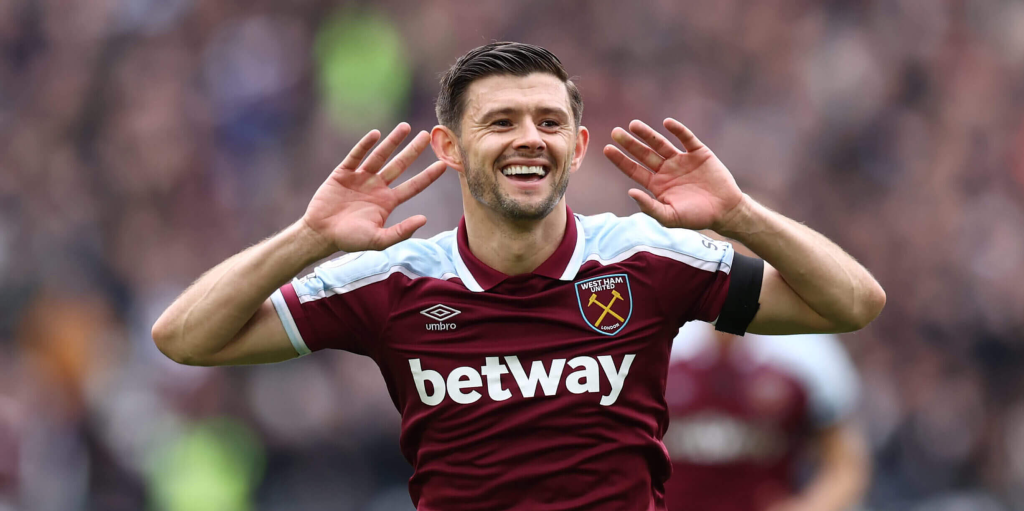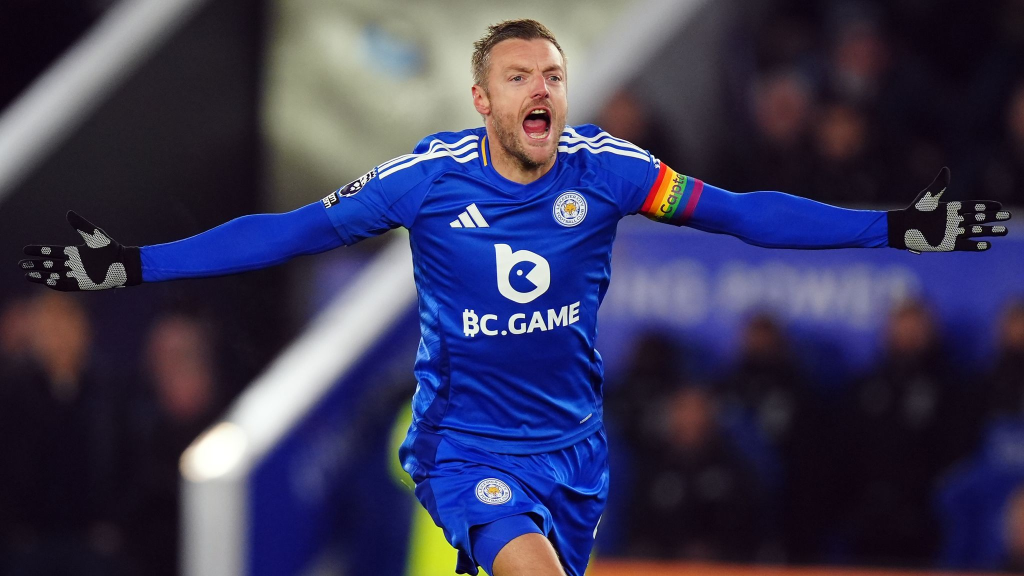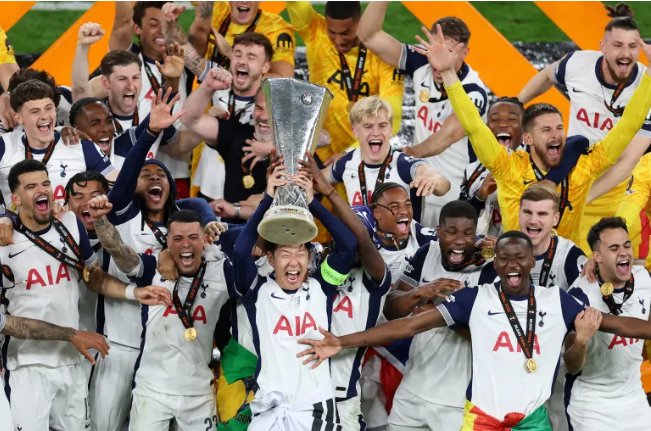The 2024/25 season sees some of the most celebrated iconic football players bidding farewell to their clubs. These legends have left an enduring impact on the sport, from mesmerizing performances and trophy-winning campaigns to tactical innovations and leadership on and off the pitch. From midfield maestros like Luka Modrić to attacking full-backs like Trent Alexander-Arnold, these iconic football players have defined eras and inspired generations. In this countdown from 10 to 1, we rank their departures based on legacy, influence, and overall impact, celebrating their achievements and marking the end of remarkable careers in football.
10. Lucas Vázquez

Lucas Vázquez is among the iconic football players whose reliability and versatility defined his long spell at Real Madrid. Over 14 years, he seamlessly switched between winger and full-back roles, contributing significantly in tactical setups and injury cover. Vázquez’s overlapping runs, early crosses, and defensive awareness allowed him to create opportunities and stabilize the team during crucial matches. His professionalism, consistency, and ability to perform under pressure made him a key squad player, while his loyalty inspired younger teammates.
Though not always in the spotlight, Vázquez embodies a type of iconic football player whose influence extends beyond goals and assists. He demonstrates how adaptability, discipline, and intelligence contribute to sustained success. This farewell emphasizes that iconic football players are not only judged by flashy skills but by consistent contributions and reliability that elevate entire teams.
9. Aaron Cresswell

Aaron Cresswell’s 11-year career at West Ham United cements him as one of the most respected iconic football players in Premier League history. Known for his exceptional set-piece delivery, leadership, and defensive reliability, Cresswell was central to both domestic and European campaigns. His precise crosses generated numerous assists, while his defensive positioning neutralized wide threats, reflecting a rare combination of technical skill and tactical awareness.
Beyond statistics, Cresswell influenced club culture by mentoring younger defenders and modeling professionalism. As one of the iconic football players leaving this summer, his legacy highlights the importance of leadership, consistency, and tactical intelligence in building competitive teams over a decade-long tenure.
8. Óscar de Marcos

Óscar de Marcos retires after 15 years at Athletic Club, leaving behind a legacy as one of the most versatile and reliable iconic football players in La Liga. Capable of playing both full-back and midfield roles, de Marcos contributed to multiple tactical setups, showcasing his intelligence and adaptability. His defensive awareness, pressing ability, and stamina made him a constant threat to opposing attackers.
By achieving record appearances for the club, he became a model of loyalty and professionalism, embodying the spirit of a one-club Football Icon. Younger teammates often cited his leadership and work ethic as influential, making his impact both on and off the pitch profound. As a true iconic football player, de Marcos demonstrates that longevity, versatility, and dedication are just as vital to a player’s legacy as trophies or headlines.
7. Christian Eriksen

Christian Eriksen has confirmed his departure from Manchester United after three seasons, solidifying his status as one of the most intelligent iconic football players of his generation. Known for his vision, creativity, and impeccable passing, Eriksen consistently controlled the tempo of matches while offering tactical flexibility. Beyond orchestrating attacks, he was dependable under pressure, able to execute decisive set pieces and guide teammates during high-stakes moments.
His resilience, particularly after overcoming a cardiac incident earlier in his career, exemplifies the mental strength and determination that define iconic football players. Eriksen’s combination of technical skill and psychological fortitude allowed him to make an impact both on the scoreboard and within the team’s strategic execution. His departure leaves a creative void but reinforces his legacy as a midfield maestro whose influence extended beyond individual brilliance to team cohesion.
Also Read:
6. Ángel Di María

Ángel Di María stands among the most admired iconic football players, known for his acceleration, dribbling, and precise left-footed crosses. Over three seasons in his second stint at Benfica, he combined experience with elite technical ability, delivering decisive goals and assists in critical matches. Di María’s vision, intelligence, and off-the-ball movement made him a constant threat to opposition defenses. Beyond performance, he served as a mentor for younger players, teaching them positional awareness and creative decision-making.
His ability to influence both domestic and European competitions underlines why he is recognized as one of the iconic football players of this era. Di María’s farewell reflects a career that consistently balanced individual brilliance with team success, leaving a legacy that blends creativity, leadership, and tactical intelligence for generations to study.
5. Jamie Vardy

Jamie Vardy’s 13-year career at Leicester City marks him as one of the most inspirational iconic football players in modern football. Rising from non-league football to Premier League glory, he redefined possibilities for late bloomers. Vardy’s explosive pace, intelligent positioning, and clinical finishing enabled him to score 200 goals in 500 appearances. His relentless pressing disrupted opposition play, adding defensive value to his attacking prowess.
Integral to Leicester’s Premier League and FA Cup triumphs, Vardy became a symbol of belief, determination, and teamwork. Fans celebrated his final appearance with a guard of honor, reflecting the respect earned over years of dedication. As one of the iconic football players departing this summer, Vardy leaves a blueprint for aspiring strikers, demonstrating that hard work, instinct, and consistency can create legendary careers.
4. Trent Alexander-Arnold

Trent Alexander-Arnold is widely regarded as one of the most innovative iconic football players of his generation. During eight years at Liverpool, he redefined the right-back role, combining defensive responsibilities with playmaking duties. His long-range passing, vision, and ability to create chances from deep positions contributed to Liverpool’s domestic and European successes. Alexander-Arnold’s tactical intelligence allowed the team to implement flexible formations and adapt to opponents effectively. Beyond his technical skill, he demonstrated leadership, mentoring younger teammates and maintaining high professional standards. Moving to Real Madrid this summer, Alexander-Arnold’s departure signals the loss of a system-shaping iconic football player, whose influence will continue to inspire defenders and playmakers worldwide.
3. Thomas Müller

Thomas Müller leaves Bayern Munich after a remarkable 16-year tenure, solidifying his status as one of the most intelligent and adaptable iconic football players. Renowned for his Raumdeuter movement, Müller exploited spaces effectively, creating scoring opportunities and assisting teammates in pivotal moments. His understanding of positioning, timing, and game flow made him indispensable in high-pressure competitions, both domestically and in Europe. Müller’s leadership and experience guided younger players and maintained Bayern’s consistent success over years. As one of the iconic football players departing in 2025, his career demonstrates how football intelligence, anticipation, and teamwork can define an era, leaving a lasting imprint on Bayern and the sport.
2. Kevin De Bruyne

Kevin De Bruyne, leaving Manchester City after nine years, is among the most influential iconic football players of modern times. His precise long passes, vision, and ability to dictate game tempo elevated the performance of the entire team. De Bruyne’s attacking contributions, including goals, assists, and late runs into the box, often turned matches around. Beyond statistics, his tactical intelligence allowed Manchester City to implement complex strategies effectively. De Bruyne’s leadership, technical excellence, and consistency define him as one of the premier iconic football players, whose influence will be studied by midfielders for decades. His departure leaves a significant gap in creativity and control, highlighting the value of an elite playmaker in shaping club success.
1. Luka Modrić

Luka Modrić is the ultimate example of iconic football players, combining vision, technical mastery, and leadership over 13 years at Real Madrid. Controlling midfield tempo, orchestrating attacks, and contributing defensively, Modrić became indispensable in both domestic and European triumphs. His signature passes, intelligence under pressure, and ability to read the game shaped numerous Champions League victories and league successes. Winning the Ballon d’Or and six Champions League titles, Modrić’s legacy exemplifies sustained excellence and consistency at the highest level. As the most influential iconic football player leaving in Summer 2025, his career sets a benchmark for aspiring midfielders, demonstrating how tactical acumen, decision-making, and professionalism define true football greatness.
| Player | Club (2024/25) | Summer 2025 status | Role/legacy |
|---|---|---|---|
| Lucas Vázquez | Real Madrid | Left after Club World Cup, ending 14 years at the club | Versatile winger/full-back, big-game reliability |
| Aaron Cresswell | West Ham United | Leaving after 11 seasons | Set-piece left-back, leadership |
| Óscar de Marcos | Athletic Club | Retired after 15 years at the club | Record appearances, one-club versatility |
| Christian Eriksen | Manchester United | Leaving after 3 seasons | Tempo-setting playmaker, resilience |
| Ángel Di María | Benfica | Leaving after 2nd stint, total 3 seasons at club | Elite creator and finisher |
| Jamie Vardy | Leicester City | Leaving after 13 years at the club | Non-league to champion, ruthless runs |
| Trent Alexander-Arnold | Liverpool | Free move after 8 years in first team | Playmaking right-back, system shaper |
| Thomas Müller | Bayern Munich | Left after Club World Cup, ending 16 years at the club | Raumdeuter movement and longevity |
| Kevin De Bruyne | Manchester City | Out of contract after 9 years at the club | Era-defining Premier League playmaker |
| Luka Modrić | Real Madrid | Left after Club World Cup, ending 13 years at the club | Midfield maestro, Ballon d’Or, six UCLs |
FAQs: Iconic Football Players Leaving in Summer 2025
Q: Why are these players considered iconic football players?
These players are recognized as iconic football players due to their long-term impact at their clubs, consistent performances, leadership qualities, and ability to influence crucial matches. Their contributions extend beyond statistics, inspiring teammates and shaping team tactics over multiple seasons.
Q: Which of these iconic football players had the longest tenure at their clubs?
Óscar de Marcos (15 years at Athletic Club), Thomas Müller (16 years at Bayern Munich), and Lucas Vázquez (14 years at Real Madrid) had the longest tenures, highlighting their loyalty and sustained influence, traits that define iconic football players.
Q: Are all these players retiring or moving clubs?
A: Some are retiring, like Óscar de Marcos, while others are leaving their clubs for new challenges, such as Luka Modrić (Real Madrid) and Trent Alexander-Arnold (Liverpool). Regardless, all are celebrated as iconic football players due to their contributions.
Q: Did these iconic football players win major trophies?
A: Yes, all of them have won significant titles including domestic leagues, cups, and European competitions. Their trophies, combined with leadership and consistent performance, solidify their legacy as iconic football players.


